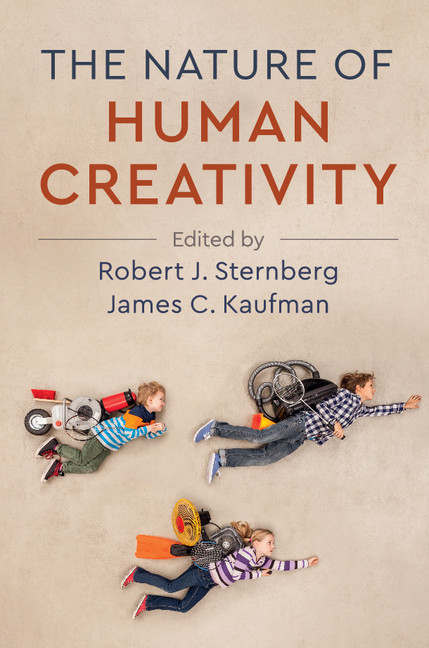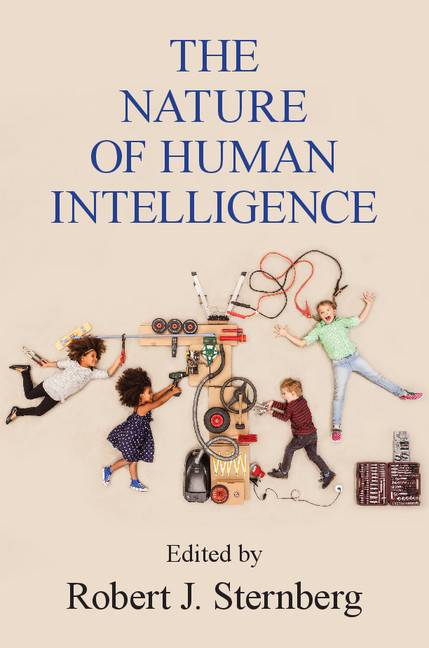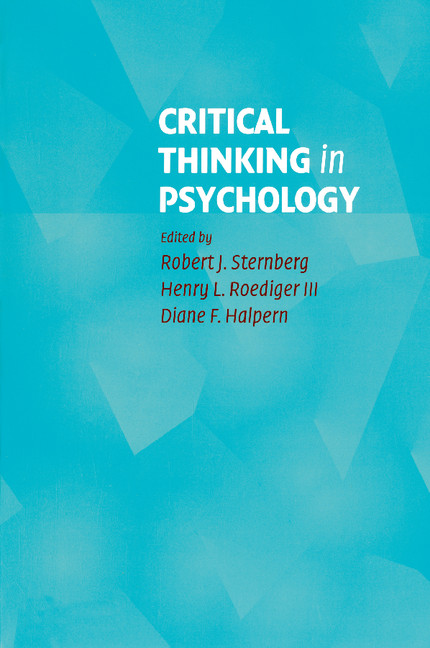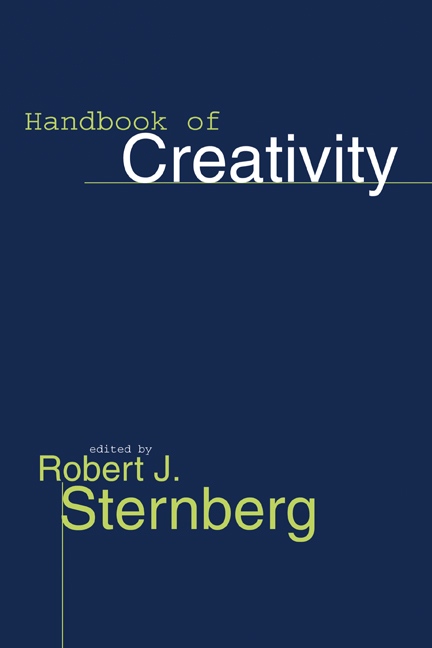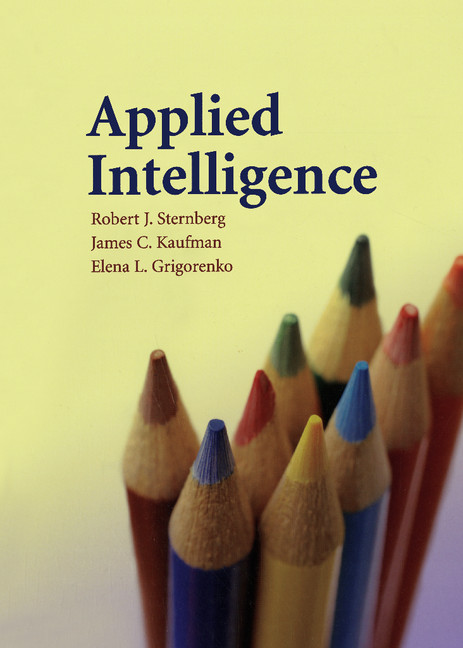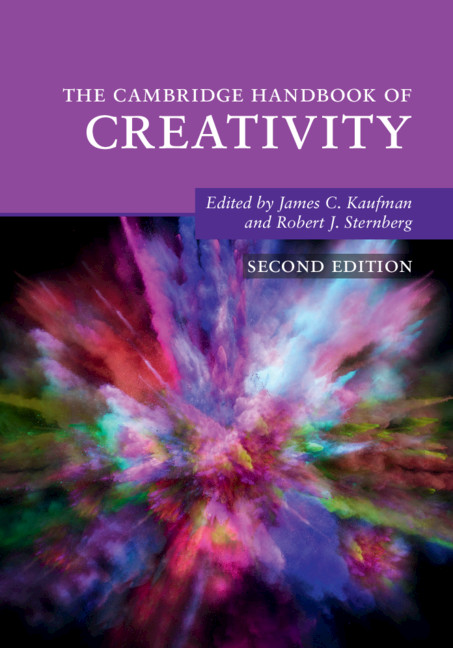The Nature of Human Creativity
This book provides an overview of the approaches of leading scholars to understanding the nature of creativity, its measurement, its investigation, its development, and its importance to society. The authors are the twenty-four psychological scientists who are most frequently cited in the four major textbooks on creativity, and they can thus be considered among the most eminent living scholars in the field. Authors discuss how they define creativity, the kinds of questions they have addressed, theories they have proposed, and a description of their research and the most interesting empirical results it has produced. The chapters represent a wide range of substantive and methodological emphases, including psychometric, cognitive, expertise-based, developmental, neuropsychological, cultural, systems, and group-difference approaches. The Nature of Human Creativity brings together an incredible diversity of viewpoints, helping students and researchers to see the points of consensus as well as the differences in contemporary perspectives.
- The authors are the most commonly cited in the major texts in the field, allowing readers to learn from the research of the leaders in the field
- Each chapter author answers a standardized list of questions, making the volume easy to navigate
- A wide variety of approaches to human creativity are presented, helping readers to see the points of consensus and differences in perspective within the field
Reviews & endorsements
'This superb collection of interdisciplinary essays contains 23 chapters, each written by an eminent scholar in the field of creativity … The vast differences between individual stories and experiences will appeal to graduate students and young researchers who may need confirmation that there are many ways to be a successful researcher and scientist, and seasoned scholars across a variety of disciplines may feel invigorated and refueled by recognizing themselves in the narrative and finding pieces of research questions connected to their own.' S. W. French, Choice
Product details
April 2018Paperback
9781316649022
414 pages
228 × 153 × 22 mm
0.6kg
15 b/w illus. 7 tables
Available
Table of Contents
- Foreword Mihalyi Csikszentmihalyi
- Preface Robert J. Sternberg and James C. Kaufman
- 1. Creativity and the labor of love Teresa M. Amabile
- 2. The trouble with 'creativity' John Baer
- 3. Do we choose our scholarly paths or do they choose us? My reflections on exploring the nature of creativity in educational settings Ronald A. Beghetto
- 4. Bringing creativity down to earth: a long labour lost? Arthur Cropley
- 5. In search of the creative personality Gregory J. Feist
- 6. From fascination to research: progress and problems in creativity research Adrian Furnham
- 7. Creativity: the view from big 'C' and the introduction of tiny c Howard Gardner and Emily Weinstein
- 8. I never intended to become a research psychologist Beth A. Hennessey
- 9. What creativity can be, and what creativity can do James C. Kaufman
- 10. Creativity across the 7 C's Todd Lubart
- 11. Creative thinking in the real world: processing in context Michael D. Mumford, Robert Martin, Samantha Elliott and Tristan McIntosh
- 12. It all makes sense now that I think about it: a quarter century of studying creativity Jonathan A. Plucker
- 13. Creative cognition at the individual and team level: what happens before and after idea generation Roni Reiter-Palmon
- 14. The malleability of creativity: a career in helping students discover and nurture their creativity Joseph S. Renzulli
- 15. Everyday creativity: challenges for self and world – six questions Ruth Richards and Terri Goslin-Jones
- 16. Authentic creativity: mechanisms, definitions, and empirical efforts Mark A. Runco
- 17. Pretend play and creativity: two templates for the future Sandra W. Russ
- 18. An interdisciplinary study of group creativity R. Keith Sawyer
- 19. Creativity is undefinable, controllable, and everywhere Paul J. Silvia
- 20. Genius, creativity, and leadership: a half-century journey through science, history, mathematics, and psychology Dean Keith Simonton
- 21. The triangle of creativity Robert J. Sternberg
- 22. Creativity as a continuum Thomas B. Ward
- 23. Reflections on a personal journey studying the psychology of creativity Robert W. Weisberg
- Afterword: the big questions in the field of creativity: now and tomorrow Robert J. Sternberg and James C. Kaufman.

